GRBusiness
High cost of fund, harsh operating environment too much for us- MAN


In spite of the claims by the federal government that the ongoing economic diversification effort was yielding positive results, high cost of funds, week infrastructure and harsh socio-economic and political environment have continued to hobble the manufacturing businesses in Nigeria, culminating in the lack-lustre performance of the sector.
It was gathered that the Nigeria’s manufacturing industry sub-sector has continued to record increases in unsold inventory, low capacity utilisation, and declining investment, with adverse consequence on the sector, according to ThisDay report.
The implication, it was learnt, was that instead of making meaningful contribution to growth and development, like in other parts of the world, it was at the brink of recession.
The latest annual report of the Manufacturers Association of Nigeria (MAN), which was released at the just-concluded 46th Annual General Meeting (AGM) of the association in Lagos, at the weekend, showed that the sector did not record any growth in the 2017 business year, despite the current efforts to position the sector for Africa and global competitiveness.
According to the report, “high lending rate remained a major challenge to the manufacturing sector in the period under review.”
A survey by MAN showed that the cost of lending to the manufacturing sector stood at 23.05 per cent in the second half of 2017, which was almost the same figure with 23.3 percent recorded in 2016.
This however, showed a 0.37 per cent improvement when compared with 22.65 per cent in the preceding half of the year.
Overall, the report showed that the cost of fund to the manufacturing sector, averaged 24.1 per cent in 2017, showing 1.4 per cent point increase over 22.7 per cent recorded in 2016.
MAN also noted that unsold inventory of finished goods produced members rose to N161.53 billion in the second half of 2017 from N35.42 billion recorded in the corresponding period of 2017 , indicating N126.11 billion increase over the period.
It also showed an increase of N1.94 billion or 1.2 per cent when compared with N159.59 billion recorded in the preceding half.
According to the report, over all, unsold inventory of manufactured goods in Nigeria totalled N321.12 billion in 2017 when compared with N90.43 billion in 2016, representing an increase of N230.77 billion or 255.19 percentage point.
The report also recorded a decline in manufacturing investment at the end of 2017 with estimated cumulative manufacturing investments from 2013-2017 at N4.63 trillion based on data generated from a survey conducted by the association.
In the second half of the year, investment declined to N176.69 billion from N448 billion recorded in the corresponding period in 2016, showing a decline of N272.25 billion or 60.6 per cent over the period. According to MAN, it also declined further by N152.59 billion or 46.3 per cent when compared to N329.28 billion achieved in the preceding half of the year.
Overall, manufacturing investment recorded during the year under review totalled N508.98 billion compared with N614.55 billion achieved in 2016; an indication of N105.57 billion or 17.2 per cent decrease over the period.
On the manufacturing production value, MAN’s report said that in the second half of 2017, it was estimated at N4.81 trillion as against N5.02 trillion recorded in the corresponding half of 2016, “thereby indicating N0.21 trillion or 4.2 per cent decline over the period.”
The report stated that it increased by N0.5 or 1.1 per cent when compared with N4.76 trillion recorded in the preceding half of the year .
However, production in the manufacturing sector totalled N9.48 trillion in 2017 as against N8.78 trillion total of 2016, thereby indicating N0.7 trillion or 8 per cent increase over the period.
MAN also decried the continued existence of multiple taxation, saying that it is one of the factors against the industrialisation of the country.
It called for the commencement of the implementation of the harmonised taxes and levies, which should be monitored strictly by the Joint Tax Board (JTB) with a view to enforcing compliance by states and local governments.
The report argued that the government should expand the tax net to capture non-tax paying firms, “particularly those operating in the informal sector and not top increase the tax burden on the already tax compliant businesses.”
On power, MAN said that electricity supply to the manufacturing sector averaged nine hours per day in the second half of 2017 against eight hours and five averages of the corresponding half of 2016 and the preceding half respectively.
It however, noted that power outage in the sector has remained consistently at four times since the second half of 2016, adding that the manufacturing sector alternative energy utilisation in the second half of 2017 declined to N51.35 billion from N66.96 billion expended in the corresponding period in 2016, representing N15 61 billion decline over the period.
MAN added that there was also decline of N14.17 billion, when compared with the N66.03 billion recorded in the preceding half.
Also, expenditure on alternative energy utilisation in the sector totalled N117.38 billion in 2017 as against N129.95 billion recorded in the previous year-2016, indicating a decline over the period.
According to MAN, the decline in the expenditure of alternative was a result of the slight improvement
MAN had early last week raised the alarm that Nigeria’s manufacturing was on the verge of recession, expressing the dismay that despite the government’s position that the country’s economy had exited recession , the manufacturing sector has been recording zero growth.
Finance
Banks To Now Charge 0.5% Cybersecurity Levy As Directed By CBN; Netizens React
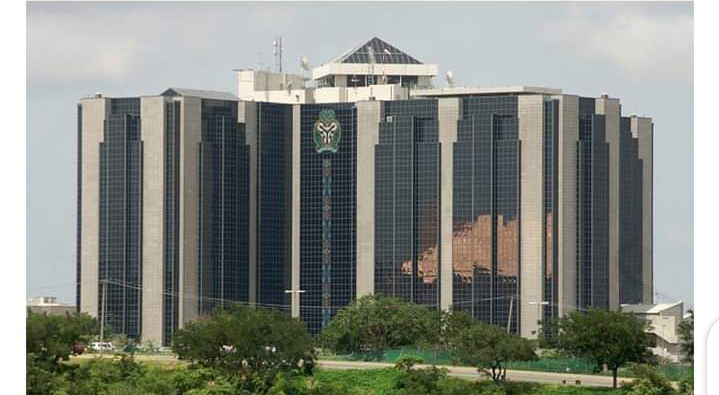

The Central Bank of Nigeria (CBN) has directed deposit money banks in the country to start charging 0.5% cybersecurity levy on some transactions done by their customers.
The apex bank gave the directive in a circular dated May 6, 2024 and sent to all commercial, merchant, non-interest and payment service banks as well as mobile money operators and payment service providers.
“Following the enactment of the Cybercrime (Prohibition, Prevention, etc) (amendment) Act 2024 and pursuant to the provision of Section 44 (2) (a) of the Act, ‘a levy of 0.5% (0.005) equivalent to a half percent of all electronic transactions value by the business specified in the Second Schedule of the Act’, is to be remitted to the National Cybersecurity Fund (NCF), which shall be administered by the Office of the National Security Adviser (ONSA),” the circular partly read.
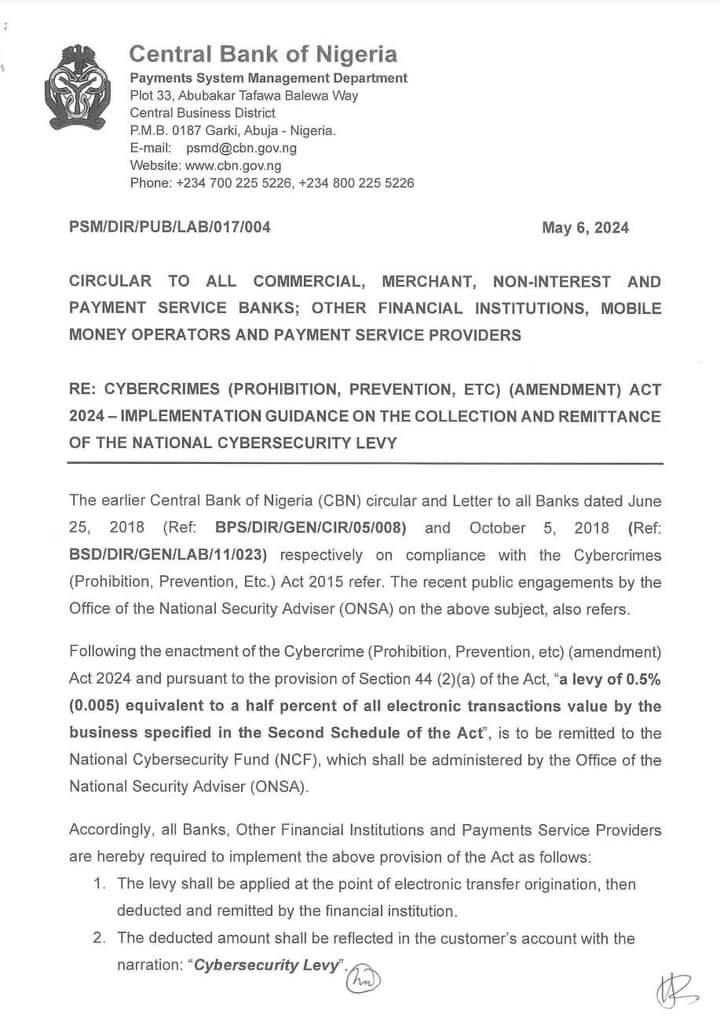

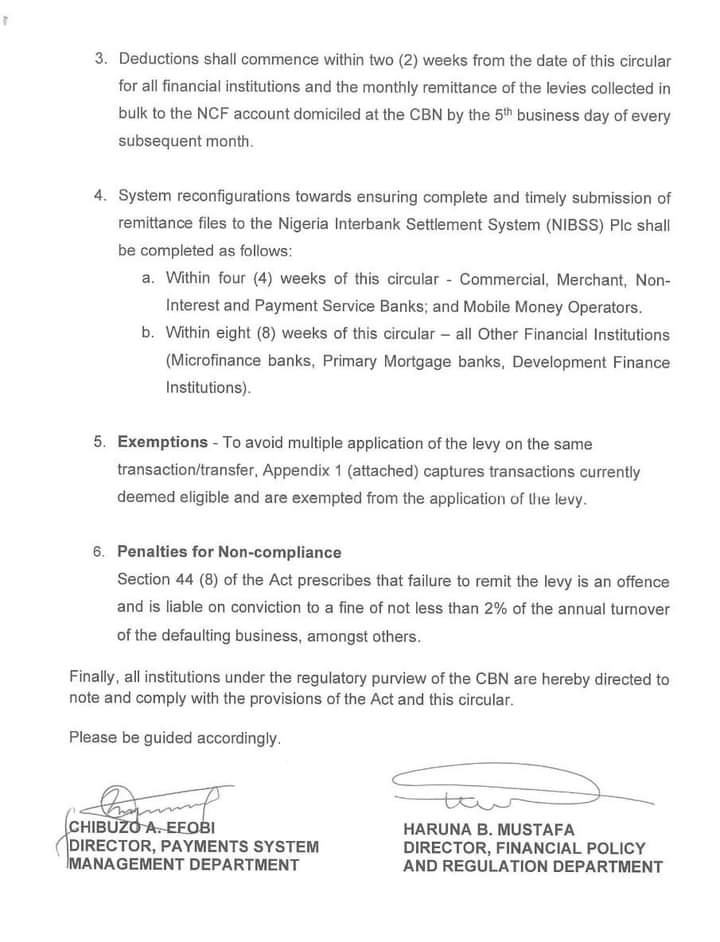

The apex bank said that the implementation of the levy would start two weeks from the date of the circular.
“The levy shall be applied at the point of electronic transfer origination, then deducted and remitted by the financial institution. The deducted amount shall be reflected in the customer’s account with the narration, ‘Cybersecurity Levy’. Deductions shall commence within two weeks from the date of this circular for all financial institutions and the monthly remittance of the levies collected in bulk to the NCF account domiciled at the CBN by the fifth business day of every subsequent month,” the circular said
The apex bank added that this new levy will not be applied on transactions such as loan disbursements and repayments, salary payments, intra-account transfers within the same bank or between different banks for the same customer, intra-bank transfers between customers of the same bank.
Also exempted from the levy were inter-branch transfers within a bank, cheque clearing and settlements, Letters of Credits, Banks’ recapitalisation-related funding only bulk funds movement from collection accounts, savings and deposits including transactions involving long-term investments, among others.
This current implementation however is not sitting well with some netizens as they reacted to the new development.
Here were some of their reactions from X.
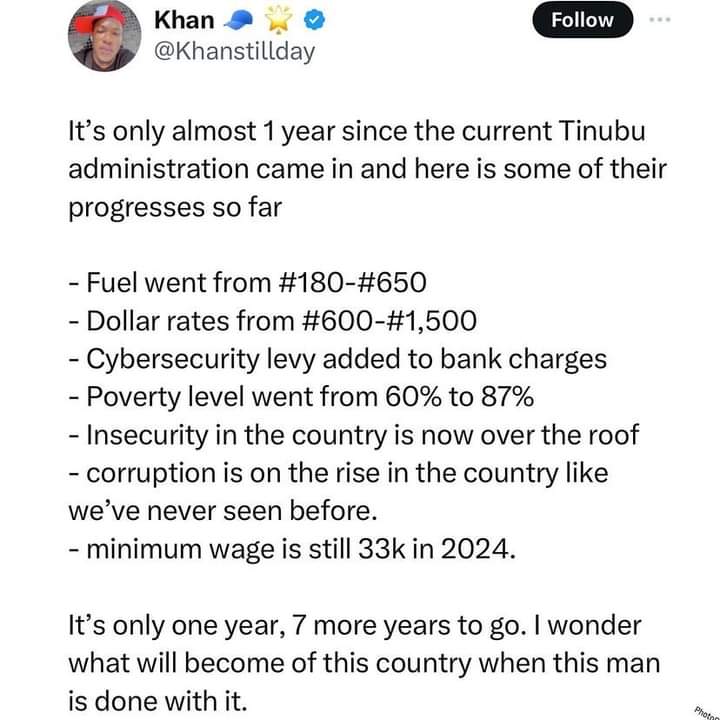

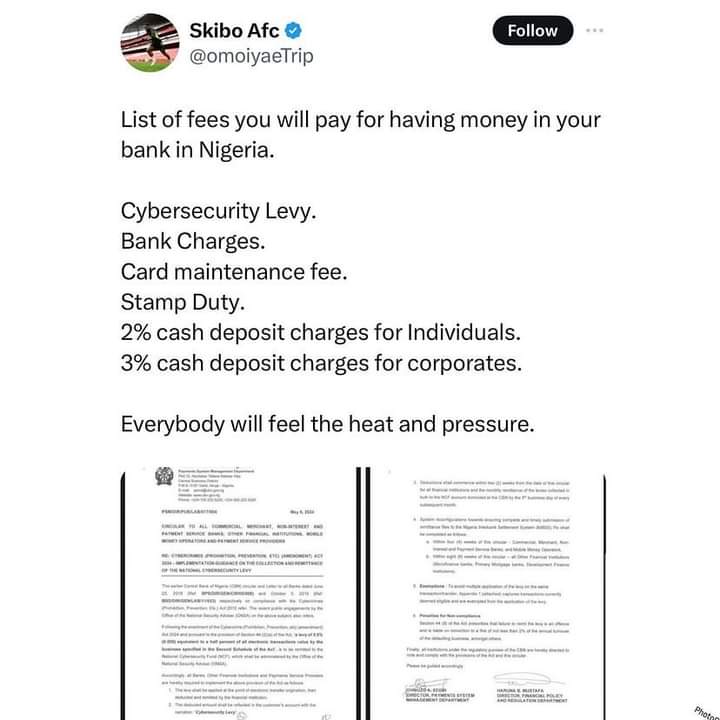

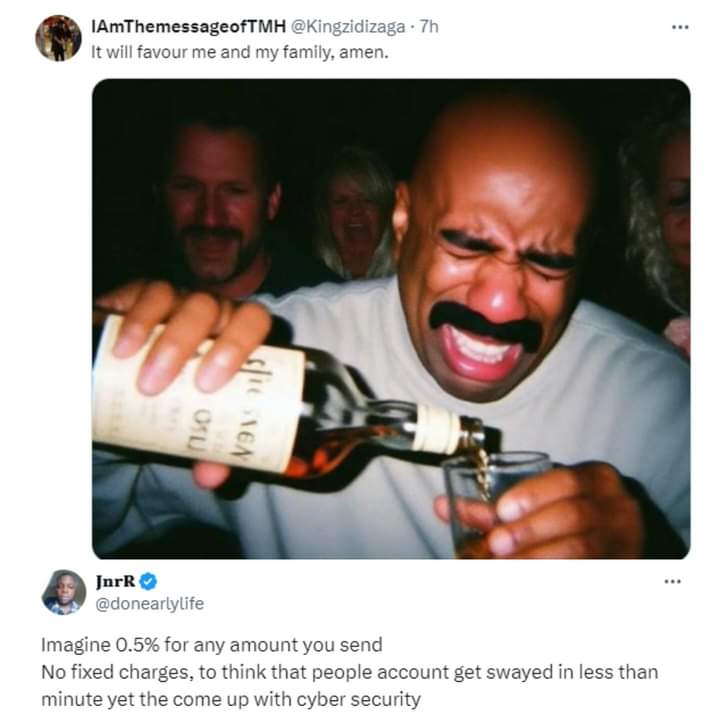

Finance
EFCC Chairman Tasks Nigerian Youths Against Crimes And Fraudulent Acts
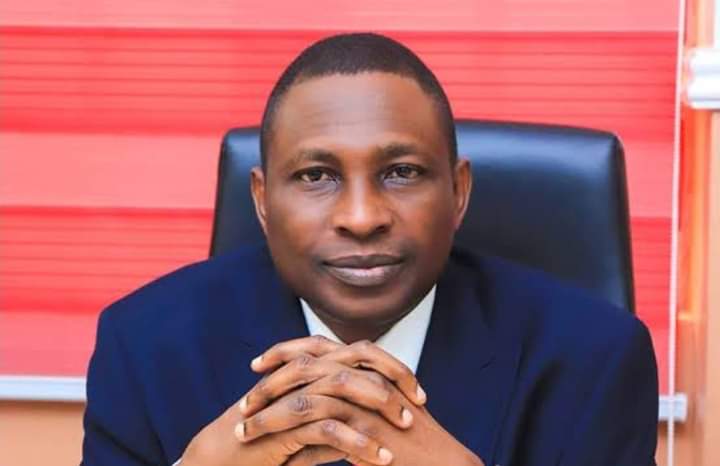

The Chairman of Economic Finance Crime Commission (EFCC), Ola Olukoyede, has stressed the need for Nigerian Youth to see themselves as agents of positive change that have a lot to contribute to the socioeconomic development of the Nation.
Speaking at the 2nd edition of a Leadership Trainings Programme in Abuja, Olukoyede, who was represented by the Head Enlightenment and Re-orientation unit, (EFCC), Aisha Mohammed, said the commission’s dream is to see the youth contribute meaningfully to the society, emphasizing on the need to work together in bringing positive change to society.
The Economic and Financial Crimes Commission Boss declared the readiness of his agency to work with all Stakeholders, including the youth towards changing the narrative and reposition the country to greater exploit.
Also speaking, the representative of the Executive Secretary of Tertiary Education Trust Fund (TETFUND), Sonny Echono, appealed to the youths is to eschew social vices that could deter their full potential in life.
Other speakers at the event, including the Chairperson, Zero Tolerance for Social Immoralities Initiative (ZEITI) Africa, Rasak Jeje called on all stakeholders to join hands in collective pursuit of empowering new generation of leaders to curb the rising tides of social Vice among Nigerian youths.
The Chairperson, Zero Tolerance for Social Immoralities Initiative (ZEITI) Africa, Rasak Jeje made the call while addressing journalists at the 2nd edition of it Leadership Trainings Programme in Abuja on Thursday.
He said the training was aimed to intimate students leaders with knowledge and insights that will help them drive positive change and become exemplary leaders in their respective spheres.
Finance
AISA Has Refunded The Fees Paid By Yahaya Bello To EFCC
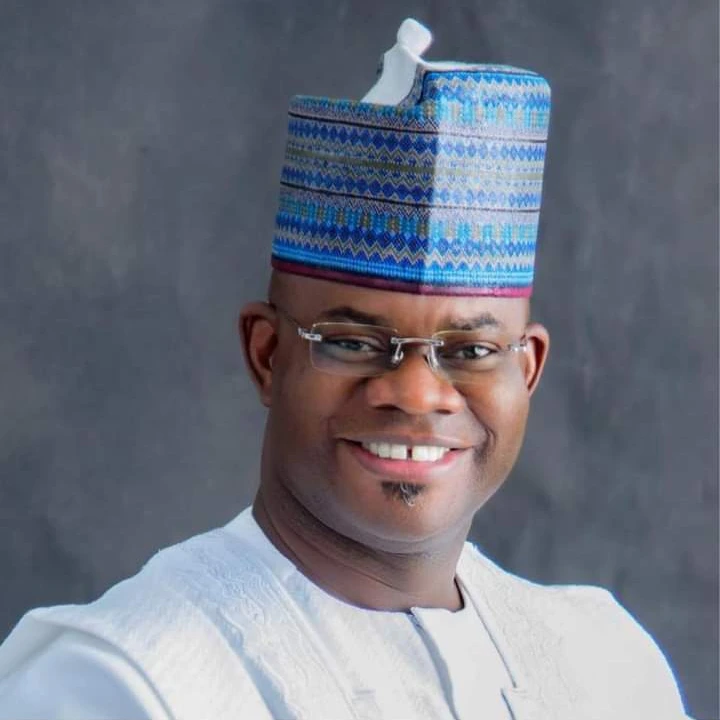

The Economic and Financial Crimes Commission (EFCC) says the American International School Abuja (AISA) has refunded the fees paid by the immediate past governor of Kogi state, Yahaya Bello, for his children attending the school.
In response to a letter addressed to the Lagos zonal commander of the EFCC, the school said $845,852 was paid in tuition “since the 7th of September 2021 to date”.
AISA said the sum to be refunded is $760,910 because it had deducted educational services already rendered.
“Please forward to us an official written request, with the authentic banking details of the EFCC, for the refund of the above-mentioned funds as previously indicated as part of your investigation into the alleged money laundering activities by the Bello family.
Since the 7th September 2021 to date, $845,852.84 (Eight Hundred and Forty-Five Thousand, Eight Hundred and Fifty Two US Dollars and eighty four cents) in tuition and other fees has been deposited into our Bank account.
We have calculated the net amount to be transferred and refunded to the State, after deducting the educational services rendered as $760,910.84. (Seven Hundred and Sixty Thousand, Nine Hundred and Ten US Dollars and Eighty Four cents).
No further additional fees are expected in respect of tuition as the students’ fees have now been settled until they graduate from ASIA.”
In a chat with The Cable, the spokesperson of the EFCC, Dele Oyewale, confirmed that the school has refunded the money.
‘’The money has been paid into public account,” Dele Oyewale was quoted as saying
-



 Politics16 hours ago
Politics16 hours agoLagos Water Corporation Starts Protest Against Sack Of Workers
-

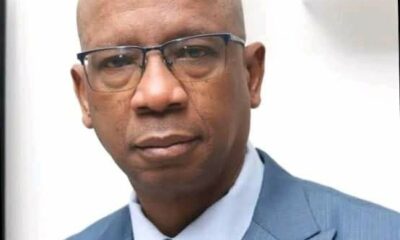

 News3 days ago
News3 days ago“80% Of Buildings In Lekki Have No Approval” – Lagos State Commissioner For Physical Planning & Urban Development Reveals
-



 News5 days ago
News5 days agoLady Dies After Friends Pushed Her Into Boiling Pot Of Fresh Pepper In Delta State
-

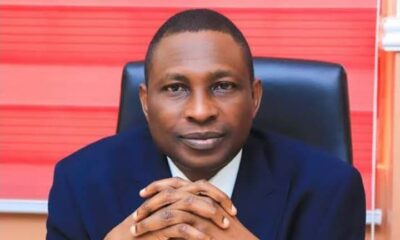

 Finance4 days ago
Finance4 days agoEFCC Chairman Tasks Nigerian Youths Against Crimes And Fraudulent Acts
-

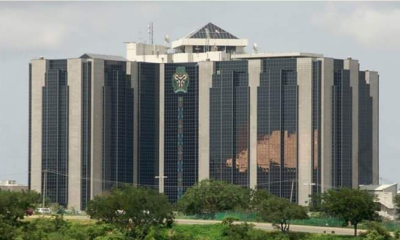

 Finance2 days ago
Finance2 days agoBanks To Now Charge 0.5% Cybersecurity Levy As Directed By CBN; Netizens React
-



 Entertainment3 days ago
Entertainment3 days agoCelebrities Turn Up For The Dedication Of Ali Baba’s Triplets In Lagos
-



 TechNews3 days ago
TechNews3 days agoSIM Boxing, And The Unboxing of a Crime Syndicate
-



 GRTech2 days ago
GRTech2 days agoSHELT SI Achieves Cisco Select Partner Certification









